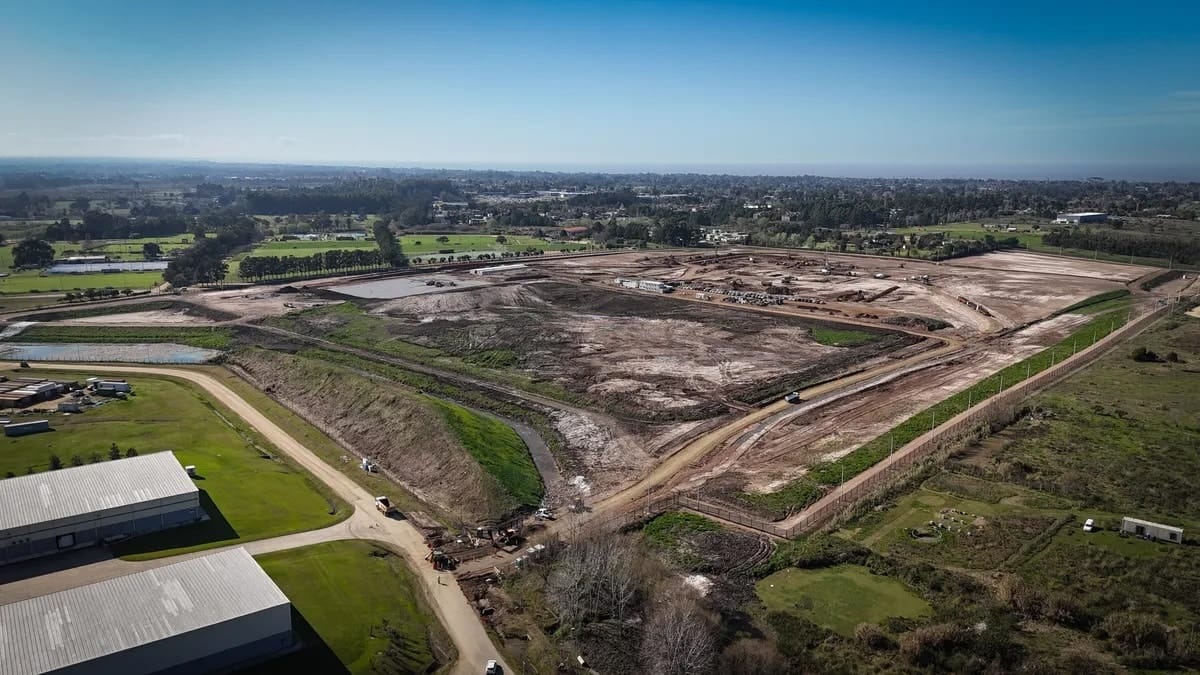In a new effort to strengthen digital infrastructure in Latin America, Google has announced the construction of a second data center in the region, located in Canelones, Uruguay. With an investment of over $850 million, this project aims to improve connectivity, support the development of artificial intelligence, and promote a more sustainable and accessible digital economy.
A Step Towards Regional Connectivity
Since 2015, Google has operated its first data centerA data center or data processing center (DPC)… in Latin America in Chile, an infrastructure that has facilitated access to services like Google Search, YouTube, Google Maps, and Gmail, which are essential in daily life and economic development. With the new center in Uruguay, Google hopes to take another step forward in improving connectivity in the region, providing a faster and more efficient response to the growing demand for digital services and artificial intelligence technologies.
“The creation of this data center reinforces our commitment to the technological and economic development of Latin America,” said Eduardo López, Google’s representative for Latin America. “We want this investment to not only be a resource for digital infrastructure but also an opportunity for growth for local communities.”
Boosting Digital Education and Skills Development
Training in digital skills is a fundamental pillar of Google’s strategy in the region. The company has launched multiple initiatives to train in digital skills, including the Google Cloud Skills Boost program and Google Career Certificates, aimed at students, developers, and professionals who want to adapt to the new demands of the tech market.
In Uruguay, Google is collaborating with institutions such as the Technological University (UTEC) and the University of Montevideo (UM) to incorporate technological content into their academic programs. Through its community impact programs, Google plans to continue investing in training and projects that generate a positive economic and social impact in the communities surrounding the new data center in Canelones.
Technical Infrastructure for Economic Development
Google has demonstrated a strong commitment to technical infrastructure in Latin America, which includes investments in submarine cables such as Firmina, Tannat, Curie, and Humboldt, the latter connecting South America directly with Asia-Pacific. Furthermore, Google already has Google Cloud regions in São Paulo (Brazil), Santiago de Chile, and soon in Querétaro (Mexico). The data center in Canelones will complement these efforts, providing a more efficient and secure connection for millions of users and businesses in the region.
A Model of Sustainability
Sustainability and energy efficiency are key aspects in the design and management of Google’s data centers. The company is committed to operating its centers with renewable energy, and the new center in Uruguay is no exception. The country’s energy matrix, which is already over 90% renewable, will allow Google to continue leading in energy efficiency in its operations in Latin America.
Compared to traditional data centers, Google’s are on average 1.8 times more efficient in energy consumption, and thanks to improvements in efficiency, Google now offers four times more computing power with the same electric consumption as it did five years ago. This center in Uruguay will be a reference in the region not only in connectivity but also in the commitment to sustainability.
A Lasting Impact for the Region
The construction of the data center in Canelones marks an important milestone for the development of the digital economy in Latin America, promoting access to cutting-edge technology services for governments, businesses, and users across the region. Additionally, it reinforces Uruguay’s position as a hub of innovation and sustainability in Southeast Latin America, consolidating its relevance in the technological landscape.
With this investment, Google not only strengthens its presence in Latin America but also reaffirms its commitment to creating an inclusive digital ecosystem prepared to face future challenges. The new data center in Uruguay will undoubtedly be a catalyst for innovation and economic growth, creating opportunities for the region and ensuring faster and safer access to technology.

